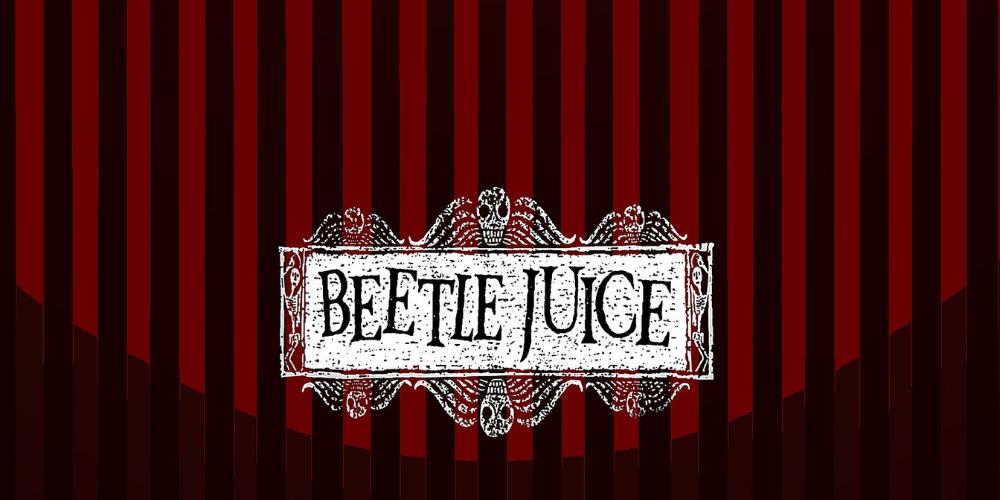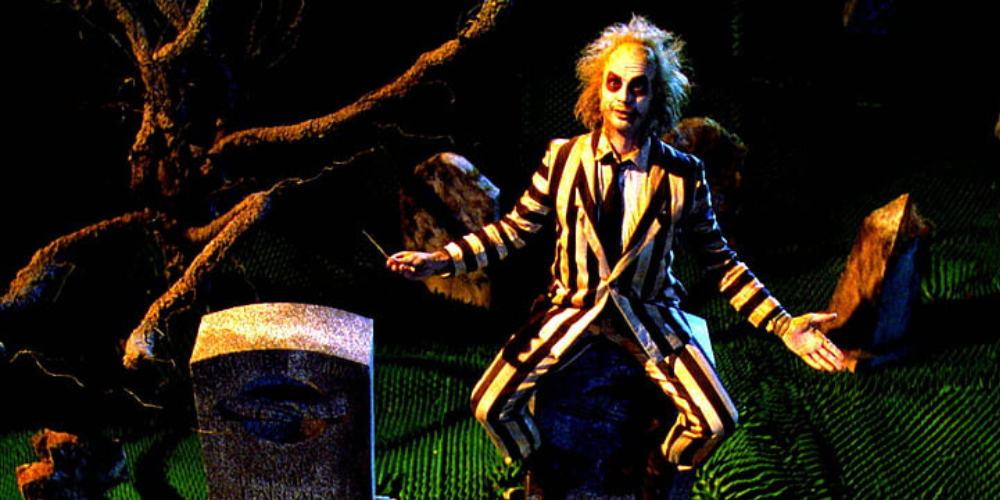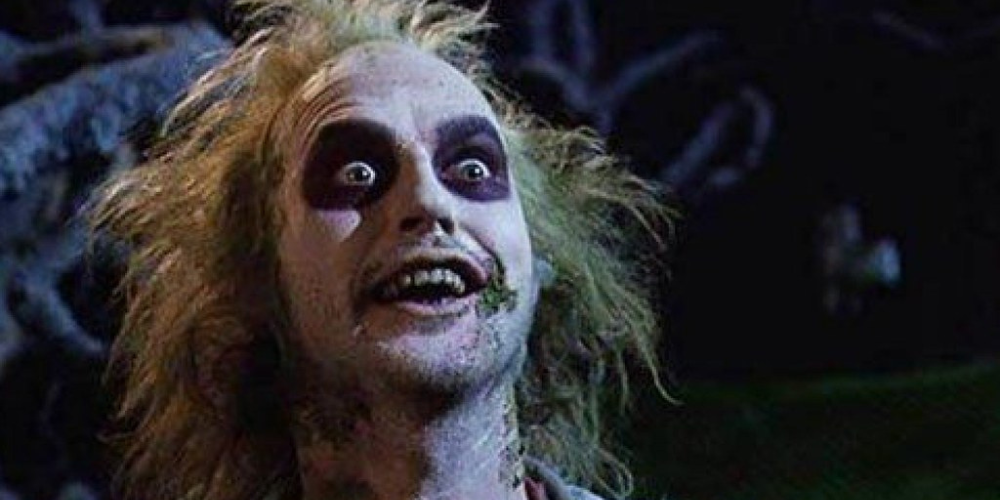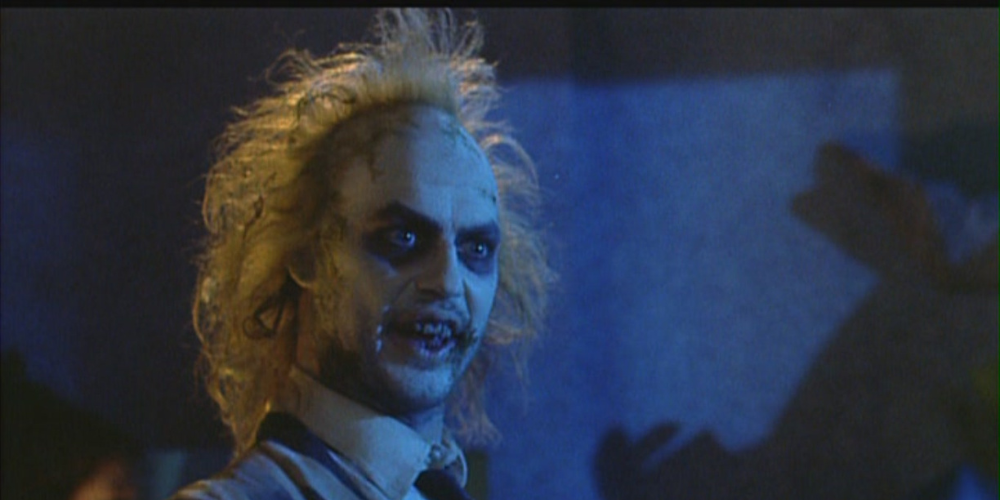
Jenna Ortega's foray into the whimsical yet haunting world of "Beetlejuice Beetlejuice" marks a significant milestone not only in her career but also in the beloved franchise's legacy. As the gears turn in the production of this long-anticipated sequel, Ortega shares insights into how she navigated the tricky waters of character development and the unique direction style of the iconic filmmaker Tim Burton. The relationship she crafted with her character Astrid serves as the crux of her narrative, allowing her to delve into the complex family dynamics that lay the foundation for the film.
A New Era in Winter River

Set over three decades after the original adventure, "Beetlejuice Beetlejuice" reconnects audiences with the Deetz family as they grapple with the echoes of their past. Ortega embodies Astrid, Lydia Deetz's daughter, who finds herself embroiled in new challenges and familial strife. As the family relocates to New York City, the stakes become intensified following the unexpected passing of Charles Deetz.
Astrid's life at boarding school starkly contrasts with the paranormal escapades surrounding her family. While her mother, Lydia (played by Winona Ryder), pursues a career in the supernatural television realm, and Delia (Catherine O'Hara) dazzles attendees at her avant-garde art shows, Astrid wrestles with her identity. This vibrant backdrop sets the stage for a complex examination of relationships—filled with witty banter, heartfelt emotion, and the ghosts of the past that refuse to stay buried.
Crafting a Fresh Identity
Ortega sheds light on her creative process in developing her character, Astrid. Her approach centered on ensuring Astrid stood apart from the legacy left by Lydia Deetz. "It was important for me to avoid rehashing Lydia's character," Ortega reveals. "I aimed for her to maintain certain qualities like confidence and self-awareness, but I also wanted to shape a unique narrative for Astrid." This conscious effort to differentiate her character arises from Ortega’s deep respect for the original film and its fan base.
Tim's Unconventional Style
Tim Burton's directing style plays a pivotal role in how the film's cast interacts and develops their characters organically. "Working with Tim was refreshing," Ortega explains. "We had minimal conversations regarding our characters—he allows us the freedom to inhabit our roles and breathe life into them." Such a method fosters spontaneity, letting actors explore their creativity without the constraints often associated with traditional filmmaking.
Ortega further elaborates, “If questions arise, he addresses them, but the overarching approach was one of trust. We showed up ready to perform, and everything just gelled.” The camaraderie with her fellow cast members, especially Ryder and O'Hara, created a nurturing environment where chemistry blossomed.
The Collaborative Spirit of Improv

Catherine O'Hara, who reprises her role as Delia, mirrors Ortega's sentiments regarding the vibrant professional atmosphere that Burton cultivates. "We just jumped right in and trusted the process," she laughs, appreciating the liberating nature of their improvisational dynamics. "Tim encourages us to experiment and contribute our ideas. It’s almost like we’re co-creators in this magical world." O'Hara’s comments illuminate how collaboration enriches the narrative fabric of "Beetlejuice Beetlejuice," allowing actors to weave their creativity into their performances.
Unearthing Family Ties
The narrative delves into strained relationships among family members, exacerbated by grief and professional pursuits. Following the death of Astrid's father, a palpable tension permeates the family unit, particularly affecting the bond between Astrid and Lydia. "We didn’t need to explicitly discuss their emotional distance," O'Hara notes. "It was an understood evolution based on their circle of experiences. Lydia's bustling schedule creates a gap, compounded by Astrid's skepticism towards the supernatural." This emotional dissonance forms a critical element of the film's story arc and reflects the overarching themes of love, loss, and healing.
An Artistic Continuum

As the mirror to their lives reflects, O'Hara's character continues to evolve from the eccentric and self-centered Delia of the first film to a more grounded individual navigating her grief and supporting those she loves. "Delia's journey is about rediscovery. I wanted to showcase her genuine affections behind the façade," O'Hara explains. The underlying quest for self-discovery and acceptance resonates deeply, enhancing the narrative’s appeal and offering rich material for the audience to digest.
Capturing the Magic
The enchanting yet eerie realm Burton has created in both films casts a long shadow over the characters’ journeys. With "Beetlejuice Beetlejuice" set for release on September 6, expectations run high for audiences eager to witness how these beloved characters navigate their hauntingly humorous realities. The parallels and divergences between the original film and its successor promise to provide a compelling narrative, one that pays homage to the past while boldly forging ahead into unfamiliar territory.
Conclusion: A Family’s Haunting Sale
The anticipation surrounding "Beetlejuice Beetlejuice" is palpable, with fans eager to see how Ortega’s Astrid and the reimagined dynamics of the Deetz family unfold against a backdrop of spectral chaos. As audiences prepare to embark on another thrilling ride through Winter River, Ortega and O'Hara's insights reveal the collaborative spirit that fuels this continuation of a beloved tale—one that aims not only to entertain but also to explore the depths of family, identity, and the supernatural. Be sure to check out the Inside Total Film podcast for more engaging conversations with the cast leading up to the film's release.